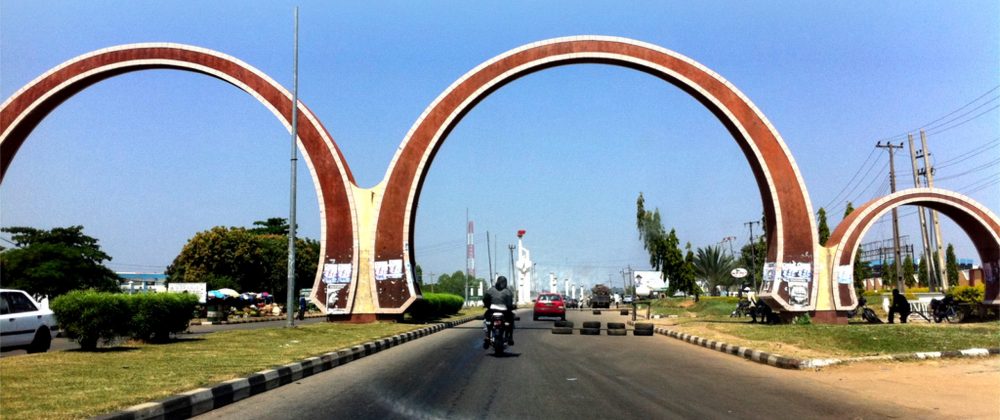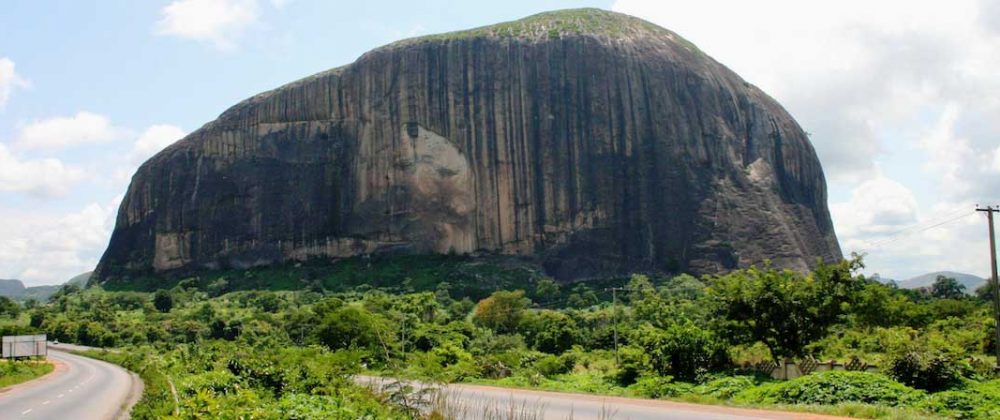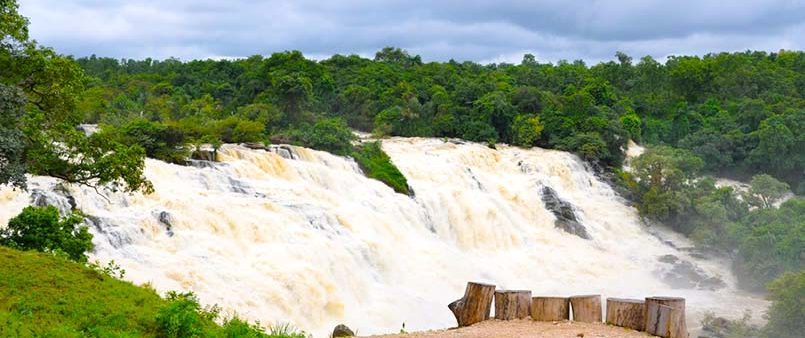
Mohammed Umar Bago
This is Our Niger State

The State Lies On Latitude 80o To 11o:30’ North And Longitude 03o 30’ To 07o 40’ East. The State Is Bordered To The North By Zamfara State, West By Kebbi State, South By Kogi State, South West By Kwara State, North-East By Kaduna State And South East By FCT. The State Also Has An International Boundary With The Republic Of Benin Along Agwara And Borgu Lgas To The North West.
As At 26th August 1991 (Before The Merger Of Borgu And Agwara Lgas), The State Covered A Land Area Of 74,244 Square Kilometres, Which Is About 8% Of The Total Land Area Of Nigeria. With The Merger, The Land Mass Is Now 76, 469.903 Square Kilometers (About 10% Of The Total Land Area Of Nigeria) Out Of Which About 85% Is Arable.
As At 1961, The Population Of Niger State Was 1,194,508. The 1991 Population Figure Indicates Niger State As Provisionally Containing 2,421,581 People. The 2006 Population And Housing Census Put The State’s Population At 3,950,249.
The Soil Types In Niger State Are Two: Ku Soil And Ya Soil. The Ku Soil Has Little Erosion Hazards, While The Ya Soil Has Better Water Holding Capacity.
The Majority Of The Populace In The State (85%) Are Farmers While The Remaining15% Are Involved In Other Vocations Such As White Collar Jobs, Business, Craft And Arts.
The People Of Niger State Are Predominantly Muslims And Christians With Very Few Traditional Religionists And Atheists.
Although There Are Three Major Ethnic Groups (Nupe, Gbagyi, And Hausa) In The State, Other Tribal Groups Include – Kadara, Koro, Baraba, Kakanda, Ganagana, Dibo, Kambari, Kamuku, Pangu, Dukkawa, Gwada And Ingwai. Niger State Also Has Numerous Settlers From Other Parts Of The Country Living Peacefully And Contributing Their Quota To The Development Of The State.
The Cherished Asset Of Niger State Is Its Fertile Land, However, The Potentials Are Yet To Be Fully Explored. The Climate And Availability Of Wide Variety Of Mineral And Agricultural Resources Also Attest To The Economic Potentials Of The State. Every Government That Has Come To Power Endeavoured To Provide Good Infrastructure Such As Roads, Electricity, Water And Communication Facilities, To Make Way For Interested Investors. Some Natural And Mineral Resources Found In The State Include: Talc, Gold, Ball Clays, Silica, Sand, Marble, Copper, Iron, Felsper, Lead, Kaolin, Casserole, Columbite, Mica, Quartzite, And Limestone. The Three Hydro Electric Power Stations In The Country (At Kainji, Jebba And Shiroro) Are All Situated In Niger State.
Niger State Is One Of The Richest States In The Country In Terms Of Tourism. Some Of The Tourist Attractions Are Zuma Rock, Gurara Falls, Baro Empire Hill, Lord Lugard Colonial Ruins At Zungeru, Nagwamatse Well And Kainji Lake National Park.
CLIMATE:
Niger State Experiences Distinct Dry And Wet Seasons With Annual Rain Fall Varying From 1,100mm In The Northern Parts To 1,600mm In The Southern Parts.
The Maximum Temperature (Usually Not More Than 94oc) Is Recorded Between March And June, While The Minimum Is Usually Between December And January. The Rainy Seasons Last For About 150 Days In The Northern Parts To About 120 Days In The Southern Parts Of The State. Generally, The Fertile Soil And Hydrology Of The State Permits The Cultivation Of Most Of Nigeria’s Staple Crops And Still Allows Sufficient Opportunities For Grazing, Fresh Water Fishing And Forestry Development.
INDUSTRIALIZATION:
The Government Of Niger State Is Aware That The True Development Of Any Nation Depends On Her Level Of Industrialization. For This Reason Concerted Efforts Have Been Made To Ensure Rapid Industrialization. Being Largely An Agrarian State, Niger State Can Support A Large Variety Of Agro-Allied Industries. Also, The State’s Numerous Mineral Resources Can Serve As Basis For The Establishment Of Many Other Industries In The State.
In Order To Induce Industrialists To Invest Heavily In Tapping These Resources, Government Has To Put In Place Many Incentives Such As Provision Of Well-Serviced Industrial Layouts, Guaranteed Accelerated Processing Of Application For Industrial Plots And Even Financial Assistance In Form Of Loans And Equity Participation By The Government In Certain Cases. Other Facilities Like Telecommunication, Postal Services Etc. Are Adequately Provided In The State For Effective Business Contacts. The State Has International Airport And Is Well Linked To All Parts Of Nigeria By Road And Rail.
ELECTRICITY SUPPLY:
Niger State Is The Acclaimed “Power House” Of The Nation Because It Houses The Three Hydro-Electric Dams: Shiroro Hydro-Electric Dam; Kainji Hydro-Electric Dam; And Jebba Hydro-Electric Dam. It Is A Fact That All Major Towns In The State And Indeed All Local Government Headquarters Except Few Are Connected To The National Grid.



